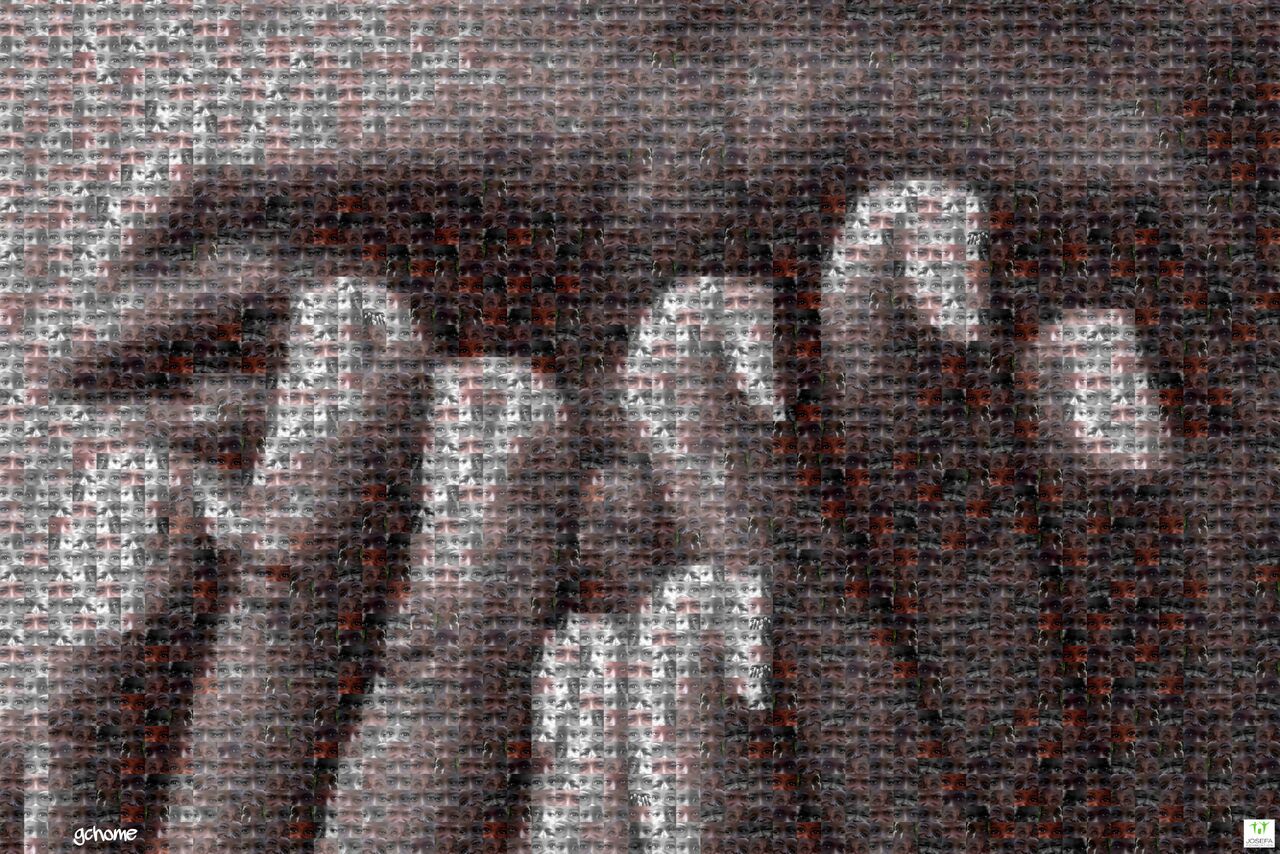Some furtive glances.
Krakow, the Polish Florence. An ancient city centre, set in a tree-lined garden, itself set with tram tracks. An urban setting, with twirling bells and a few bruised traces of a Jewish presence, old university walls containing the revival of modern thought. An artistic habitat...
Poland, in the grip of its historical demons, the new WW2 Museum in Gdansk next to the Solidarnosc Centre – if proof were needed. From one abyss to another. Coming out of the Great War, materially destroyed and morally annihilated; coming out of communism, spiritually drained. To rebuild oneself quickly, or to build oneself up again. To regain strength, to join the European Union, a new bosom, at the antipodes of the previous one. With the will to preserve "one's soul". Against the Church and the Catholic faith, the reign of the market and the liberal economy – economy understood in the financial as well as the political sense. Already 16 years of "cohabitation".
Wroclaw with confined charms. From Simone Weil to Dietrich Bonhoeffer, what a breeding ground for thought in these Jesuit educational institutions! The Oder River winding its way through the city, tightrope walkers swarming its banks and coming to grips with the world of the new virus: masking the mask of our faces. A new unveiling tool. Living with the pervading virus.
Warsaw. Its dominant palace of culture, a replica of the KGB in Moscow, the only remnant of the suffering caused by the history of the 20th century. The renaissance of the synagogue; traces of the ghetto buried under the Blue Tower with a thwarted destiny. Thinking of the long, harsh winters in the death camp here. Walking there, with impunity, without getting caught up in the wounded history that is still too recent. Living fiercely in the present.
To continue walking, at the risk of feeling the walls crumble as you pass, the cries buried. Then, crossing the large and wide John Paul II Avenue, and moving forward, moving towards the future of the red and white country. Questioning the ecclesial habitat.
Poland appears divided, fractured. The neo-conservatives versus the neo-liberals, virtually the old divide between East and West. The believers versus the atheists or agnostics. A two-sided Poland, clearly polarised politically, morally and spiritually. A political habitat that has been split.
From these societal aspects, the Polish people seem to suffer from a modern disease and epidemiological evil. Obesity has become a national health concern. A European record, children are struggling to move around. This is surprising for a people described as so vigorous. This obesity is coupled, there as elsewhere, with the pervasive apathy of families and groups whose gaze is drawn to the screen in the palm of their hand – a physical extension of the body, just like the cigarette of previous generations. Stubborn looks; heads bowed; language and communication reduced. Heavy silences. The habitat of a suffering body.
In Poland, as elsewhere, social loneliness grimaces and gives a poor image of the man of the 21st century. In Poland, as elsewhere, man is mutant, fundamentally migrant. It would be good if he could find a habitat in his own image, a migrant habitat that would allow him to rediscover himself as a nomad and explorer. Beyond the screen, of course.


